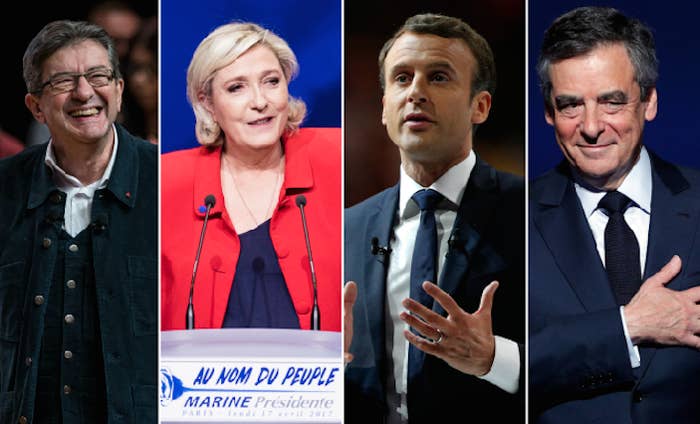
Pro-EU Emmanuel Macron and far-right Marine Le Pen have topped the field in France's historic election, according to initial projections based on partial results as polls closed Sunday night.
France has taken its first step in electing a new president as voters cast their first round ballots in a contest unlike any other in the country's recent history.
Candidates from the traditional centre-right and centre-left parties that have always governed the Fifth Republic are not the immediate favorites to win.
According to one projection after polls closed, Macron received 23.8% of the vote while LePen received 21.6%
Speaking to her supporters, Le Pen said, "What is at stake in this election is a referendum for or against lawless globalization. Either you choose in favor of a total lack of rules, without borders, with unlawful competition, the free circulation of terrorists, or you make the choice of a France that protects."
“This is truly what is at stake. It is the survival of France,” she said adding that, "It is time to liberate the French people," according to the Washington Post.
"In one year we have changed the face of French politics," Macron said to his supporters, alluding to the political movement he started just 12-months ago. He added that looking ahead to May's election, he "will carry hopes of our country and Europe."
According to the polls ahead of the vote, four candidates – Macron, Le Pen, conservative François Fillon, and far-left Jean-Luc Mélenchon – were favored to advance to the final two for the runoff vote scheduled for 7 May. (The same figures suggested Le Pen would lose in all runoff scenarios by some margin).
Despite narrowing in recent days, the first-round polls had consistently placed Macron and Le Pen as the frontrunners. Both claim to want to fix France's broken and outdated politics. But their respective vision for its future, and their idea of the country itself, are in many ways diametrically opposite. Hers is a protectionist, nationalist, and populist manifesto. His is written on openness, free trade, and globalisation.
The battle to succeed François Hollande has been shaped by economic anxiety, a national identity crisis, and terrorism.
Under the shadow of a state of emergency, and a string of terror attacks, the latest just three days ago, much of the campaign was dominated by questions about security and identity. The 11 candidates have literally debated what it means to be French.
Another overriding theme has been the country's economy and how to reboot it. Despite some recent signs of recovery after a long period of stagnation, France continues to suffer from high unemployment, especially outside the country’s main metropolitan areas, and chronically so among young people.
As the second-largest economy in the eurozone, a member of NATO, and a bedrock of the European Union, with a permanent seat on the UN security council, France's vote today is as much about how the French see themselves as how they view their country's place in the world.
The election of Le Pen or Mélenchon could ultimately end up with France out of both the EU and NATO.
It is not an exaggeration to say the future of the EU could depend on the outcome of this election.
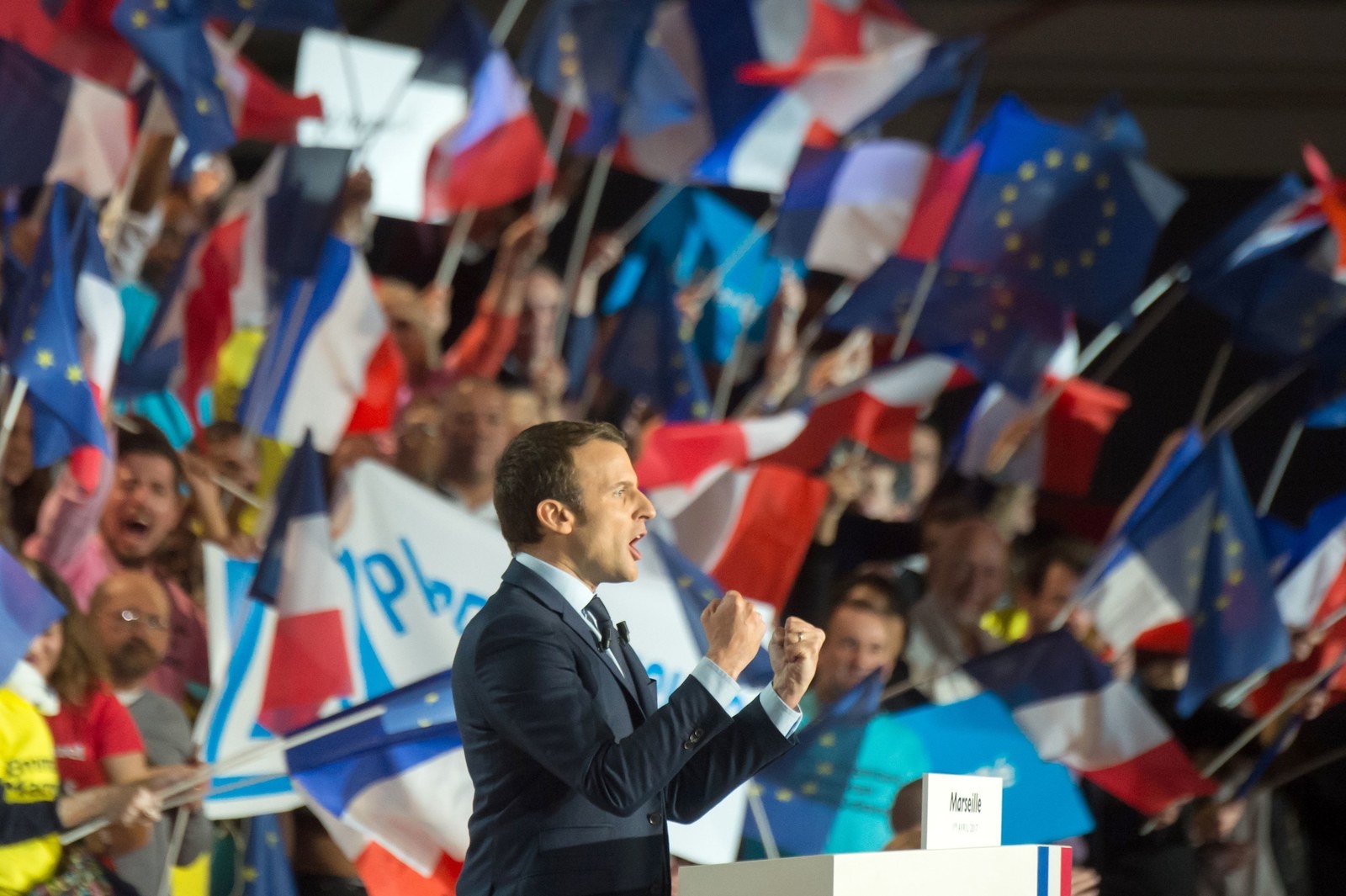
Macron has run on an unapologetically pro-EU platform, the only candidate to do so. He promises to change both France and the EU. Launching his En Marche! (On the Move!) movement – which is unattached to the country’s traditional parties – a year ago, he has pitched his candidacy as being neither left nor right.
A former economy minister, who has never been elected to public office, Macron advocates a Nordic-style economic model. Economically liberal and socially progressive, he has pledged modest spending cuts, to overhaul the country’s tax system and labour market, and to spend €50 billion to cover job-training, a shift to renewable energy, and invest in infrastructure.
One of his campaign’s highlights was an invitation to American scientists to move to France. Pro-immigration, he is seen as a champion of an open society and economy.
Le Pen's view of the world is very different. She has promised to hold referendums on leaving the euro and, if unreformed, the EU. She is committed to quitting NATO's integrated command, and to all but halt immigration into the country. Le Pen is a protectionist who wants to unplug her nation from globalisation.
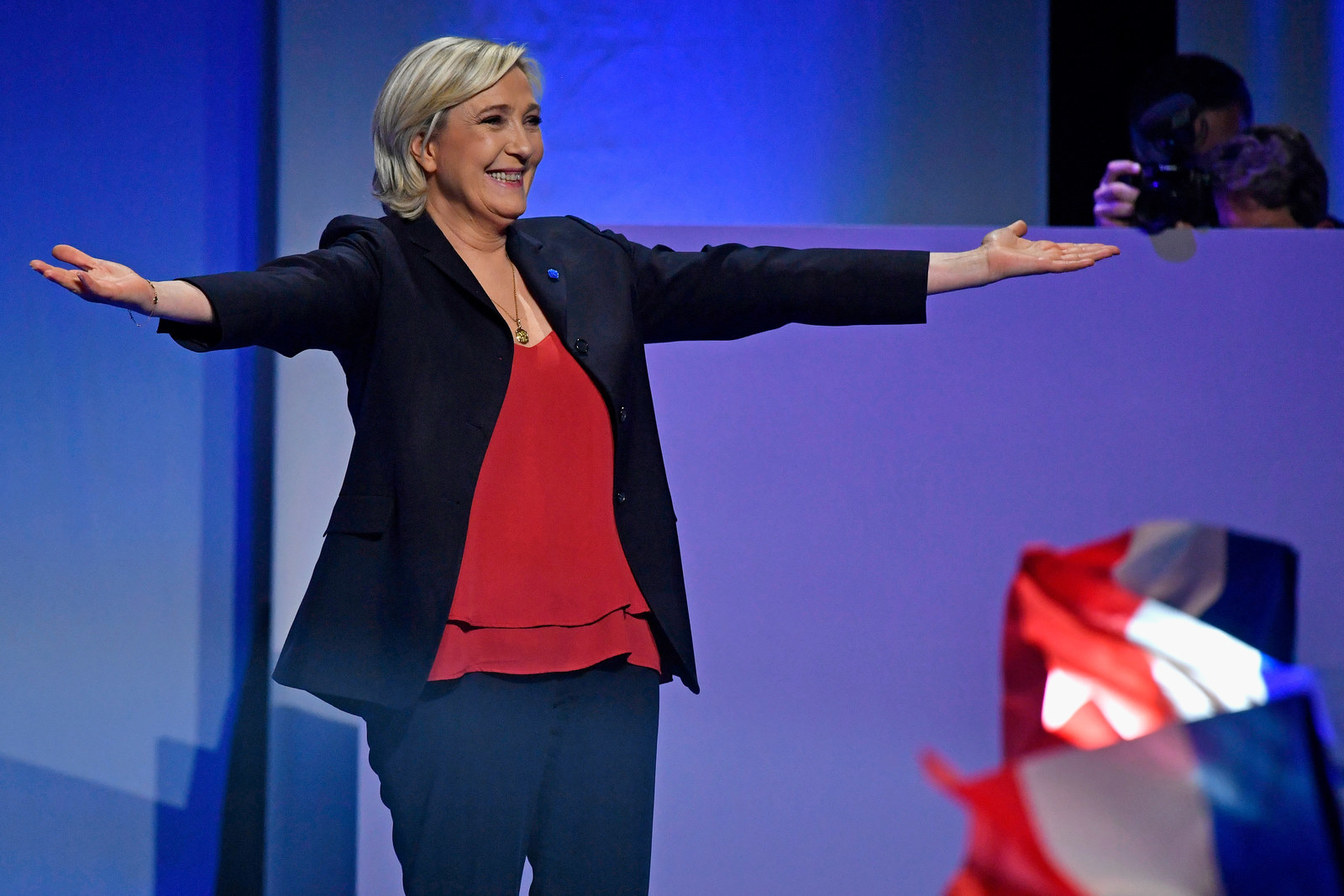
She has dedicated years to softening her party’s image and untangling it from the dark legacy of its past. The Front National's founder, her father Jean-Marie Le Pen, dismissed concentration camps as a "detail of history". In part thanks to the unintentional helping hand of the media, she appears to have succeeded in doing so.
But much of the Front National’s membership and leadership remain, in both tone and substance, xenophobic, populist, and nativist. During the campaign, Le Pen herself denied French responsibility in the deportation of Jews during World War II.
But, it is her promise to put France back in order that resonates beyond the party's traditional voters. Her anti-austerity rhetoric along with pledges to increase welfare spending have become particularly appealing among many in the industrial towns, suburbs, and rural areas hit hardest by the financial crisis, and who feel anxious about their prospects, disillusioned, and abandoned by all mainstream politicians.
An investigation into the alleged misuse of EU funding doesn't appear to have hurt Le Pen's standing.
Biting at the heels of the two frontrunners is former prime minister Fillon. After winning the centre-right Les Républicains primary election at the end of 2016, he instantly became favourite to win the election. But an investigation into a string of allegations suggesting he paid family members for fake parliamentary assistant jobs saw him fall from his pedestal.
However, Fillon goes into Sunday’s vote within touching distance of both Macron and Le Pen. Ahead of last year’s primaries he had trailed Bordeaux mayor Alain Juppé and former president Nicolas Sarkozy for months before overtaking both in the final week of the campaign. In the end, he clinched the nomination comfortably.
Fillon’s core vote has proven resilient throughout the campaign. The support of France’s various Catholic networks and movements were crucial factors in the primaries, and the former prime minister will be hoping for their support again on Sunday. France's Catholic roots have underpinned many of Fillon's campaign stops.
Fillon is a social conservative. He is against equal marriage and opposes LGBT adoptions. In 1982, he voted against decriminalising homosexuality.
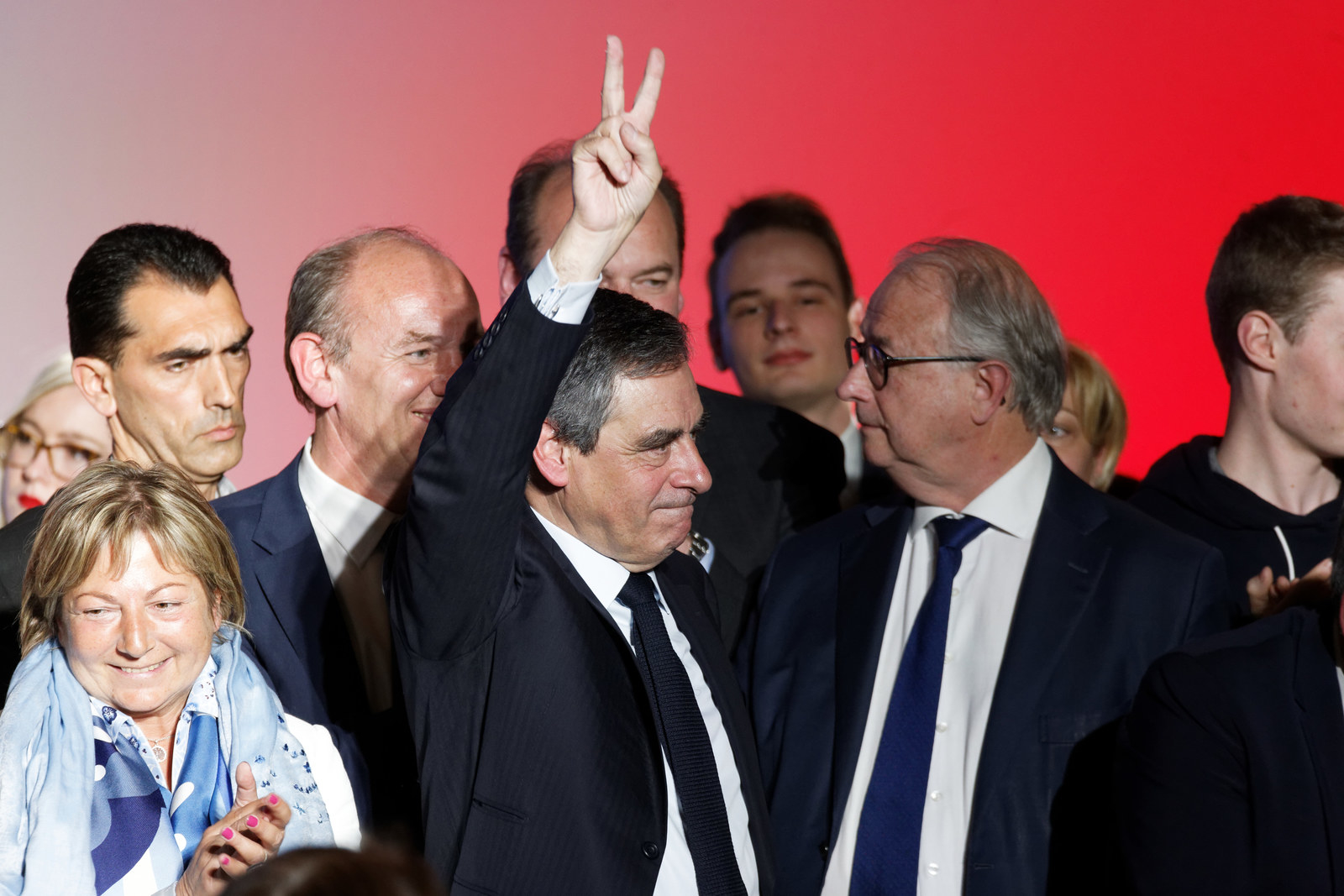
A pro-market Thatcherite committed to shrinking the size of the state by slashing 500,000 public sector jobs, he has also pledged to cut payroll taxes for businesses and individuals, make it easier to hire and fire people, and increase the 35-hour work week as well as raise the retirement age.
Meanwhile, on the left, support for Socialist candidate Benoit Hamon has imploded into single figures despite having brought bold policy proposals to the table, including plans to introduce a basic universal income and a tax on the wealth created by robots.
Many socialists appear to have drifted to hard-left candidate Mélenchon. His support surged in the campaign's final stages on the back of strong debate performances.
Economically, somewhat like Le Pen, Mélenchon looks to the past for inspiration. His agenda promises French workers they can work less and retire earlier, and that everything will be made OK by taxing the rich.
Although Le Pen and Mélenchon have ferociously contrasting views on immigration and identity (the two candidates often clashed during televised debates), and voters have so far switched between the two in relatively small numbers, on several economic issues their respective supporters have a lot in common. Nostalgia is a theme that has characterised both candidates' campaigns.
Mélenchon has pledged to spend €273 billion, and to raise the country’s minimum wage. His positions on the euro and the EU are ambivalent. Failing a complete overhaul of its treaties, he wants to hold a vote on EU membership. Like Le Pen, he also wants to pull France out of NATO while forging closer relations with the country’s “natural ally”, Russia.
Mélenchon, Le Pen, and Fillon have all suggested they would drop sanctions against Russia, putting them at odds with most other EU member states.
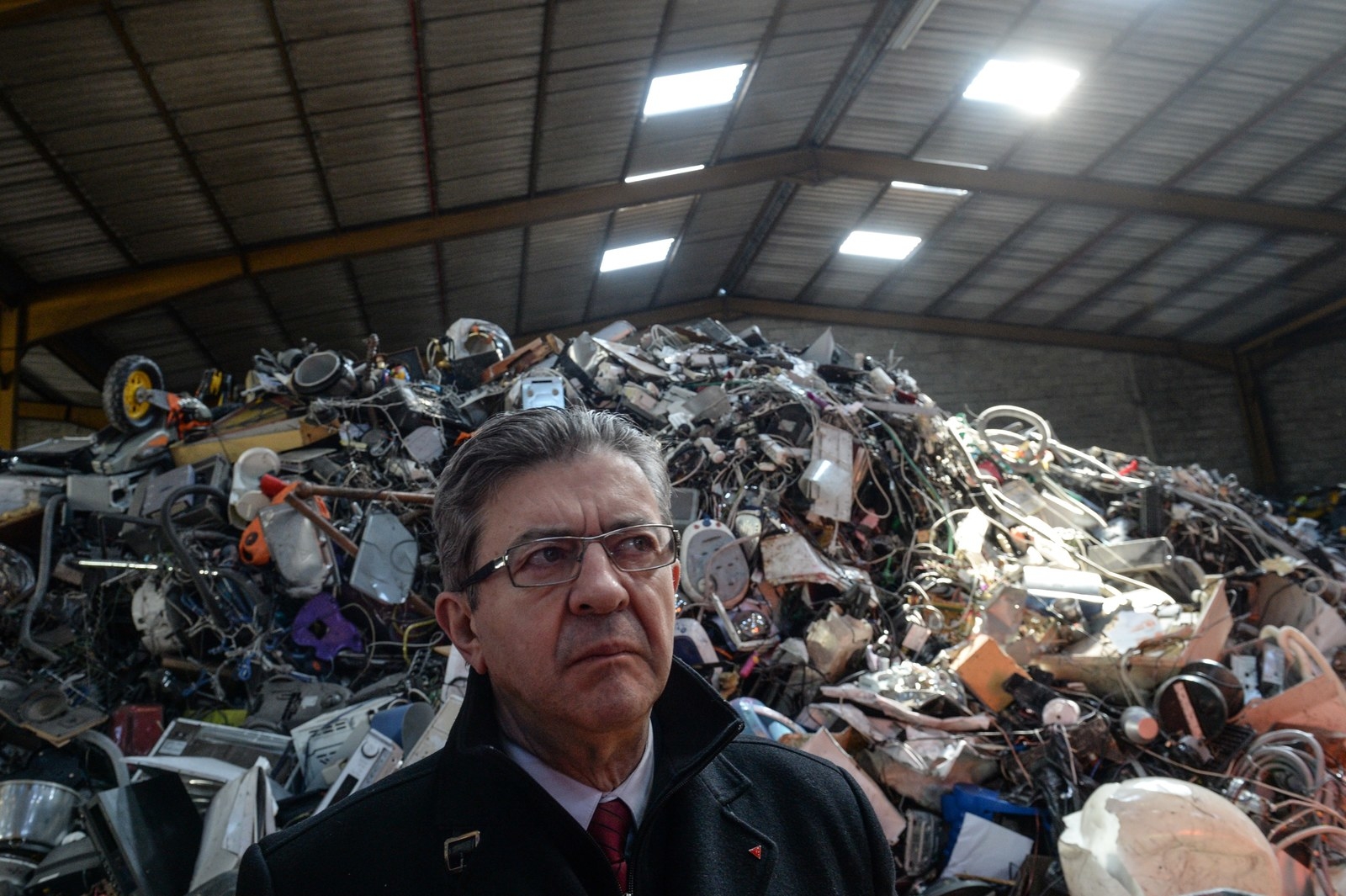
The impact Thursday’s terror attack might have on public opinion adds even more uncertainty to an already dramatic contest.
But there are many factors other than the closeness of the polls that make the vote so uncertain.
Trust in politics is painfully low. The French electorate is unhappy, and turnout was expected to be lower than in past elections. But, pre-election turnout expectations appear to be misplaced with turnout figures recorded during the day pointing to a final turnout of around 80%, in line with recent votes.
With the country's dividing lines mostly outside traditional right-versus-left options, and redrawn around identity as well as by choices between open-versus-closed economies and societies, it is difficult to predict who will turn out to vote, and how votes will fall. For example, unable to rely on a base of core voters, Macron’s support seems softer than that of his nearest rivals, according to the same polls that put him in the lead.
Polls close between 7pm and 8pm local time, with initial projections released shortly after that. It will not be a long wait to find out which two candidates have made it to the second round.
Voter turnout at 5pm was 69.42%, down slightly on 2012.
France: turnout at 5pm: 1981: 66.15% 1988: 69.05% 1995: 63.24% 2002: 58.45% 2007: 73.87% 2012: 70.59% 2017: 69.42%… https://t.co/3kQQU7jbwO
